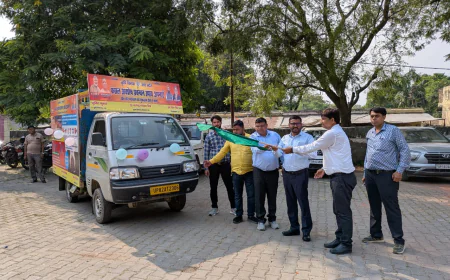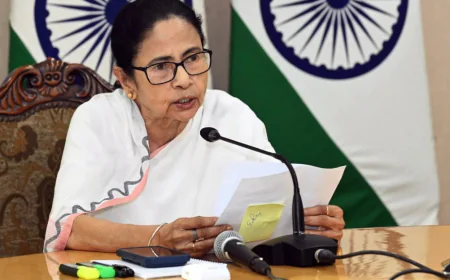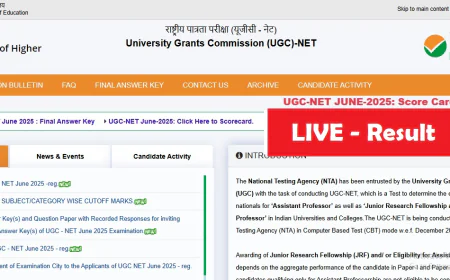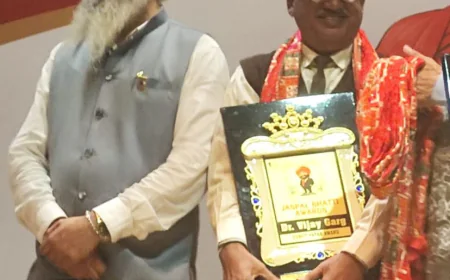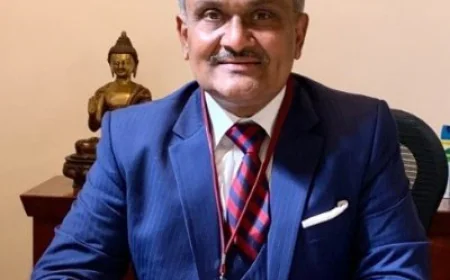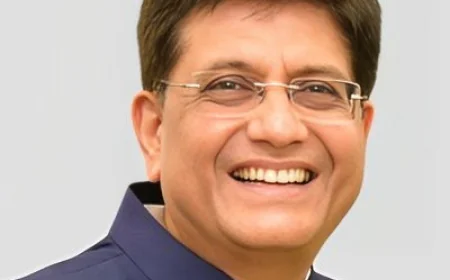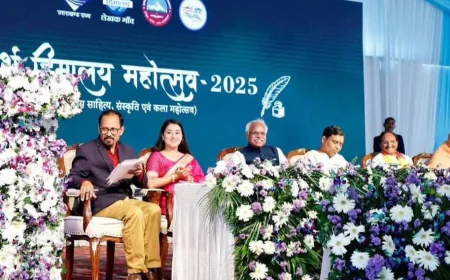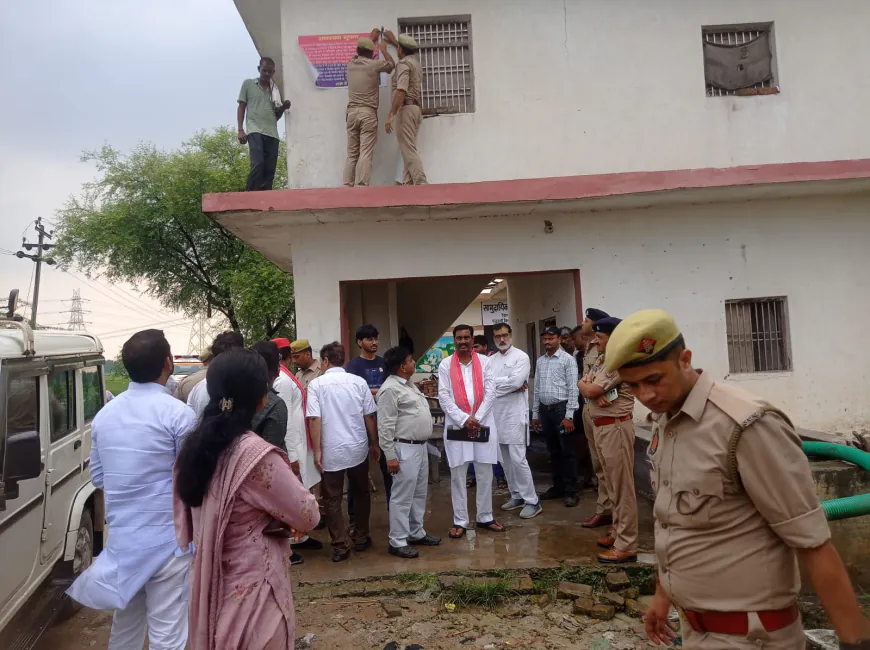Retirement reinvented: Seniors as entrepreneurs, mentors and learners

Retirement reinvented: Seniors as entrepreneurs, mentors and learners
Retirement in India has long been synonymous with rest — a time to step back after decades of dedicated service. However, the landscape is changing. In an era defined by longevity, automation, and the digital economy, the notion of “retirement” is being redefined. A growing number of older Indians are taking control of their post-retirement years, viewing them not as an end but as an exciting new chapter focused on reskilling, entrepreneurship, and lifelong learning. Engagement of Longevity Dividend India’s demographic story is shifting faster than most realise. With better healthcare and longer life expectancy — now averaging 71 years — millions are entering an active “third age”, physically fit and mentally agile. Yet, only a fraction remain economically or socially engaged after retirement.
The traditional model — study in youth, work through middle age, retire in the 60s — no longer fits a century-long life. The challenge is clear: as people live longer, they also need to continue learning for longer periods. The World Economic Forum calls this “the 100-Year Life Economy”, where continuous reskilling is essential not just for employment, but for purpose and mental well-being. Global Lesson Countries like South Korea and Japan have already recognised this demographic opportunity. South Korea’s “Senior Colleges” and Japan’s “Silver Jinzai Centres” offer low-cost reskilling in fields ranging from digital marketing to caregiving and social entrepreneurship. In Seoul, the Seodaemun Silver Learning Centre trains more than 10,000 retirees annually, enabling many to re-enter the workforce or start community ventures.
These models show that investing in senior learning infrastructure is not charity — it’s smart economics. A 2023 OECD report found that countries with higher senior labour participation also report lower healthcare costs and higher social cohesion. A Missed Opportunity In India, the potential is vast but largely untapped. According to NITI Aayog, nearly 4.5 crore Indians are currently above 60 and economically capable of participating in meaningful work. Yet, very few avenues exist for structured reskilling post-retirement. While edtech firms like UpGrad, Coursera, and Unacademy have begun offering lifelong learning courses, their marketing largely targets young professionals. Meanwhile, the Ministry of Skill Development and Entrepreneurship (MSDE) and National Skill Development Corporation (NSDC) focus primarily on youth employability, not on senior inclusion. However, some early experiments are promising.
The Tata STRIVE initiative, in partnership with community colleges, has piloted “encore career” programmes for retired professionals in urban centres. Similarly, Kerala’s Kudumbashree Mission has begun engaging retired government employees as mentors for women entrepreneurs. Reskilling Matters Beyond economic logic, lifelong learning offers profound psychological and social benefits. Studies by the Harvard School of Public Health link active engagement in later life with 30 per cent lower risk of depression and cognitive decline. Learning new skills also fosters intergenerational connection — where seniors mentor younger workers or collaborate on digital platforms. Moreover, as India grapples with youth unemployment, retirees with reskilled expertise can fill vital mentoring and advisory roles in small businesses, start-ups, and social enterprises — amplifying both productivity and purpose. Building a Lifelong Learning Ecosystem India needs to mainstream senior reskilling into national policy. Three steps can make this vision real: First, Community Learning Hubs — Public libraries, post offices, and panchayat bhavans can be converted into Senior Learning Centres equipped with digital access and partnerships with edtech firms. Second, Incentivised Edtech Inclusion — The government could offer tax rebates or CSR credits to private institutions designing senior-friendly learning modules — covering entrepreneurship, digital literacy, or beauty-wellness and health tech. Third, Public-Private Mentorship Networks — Retired professionals could be linked with youth start-ups through national mentorship platforms — bridging experience with innovation. From Dependents to Contributors The new retirement story is not about dependence but contribution. India’s retirees are not a burden — they are an untapped reservoir of wisdom, skill, and resilience. With the right ecosystem, they can become active players in the economy’s next phase — teachers, trainers, entrepreneurs, and social innovators.
Vijay Garg Retired Principal Educational columnist Eminent Educationist street kour Chand MHR Malout Punjab


